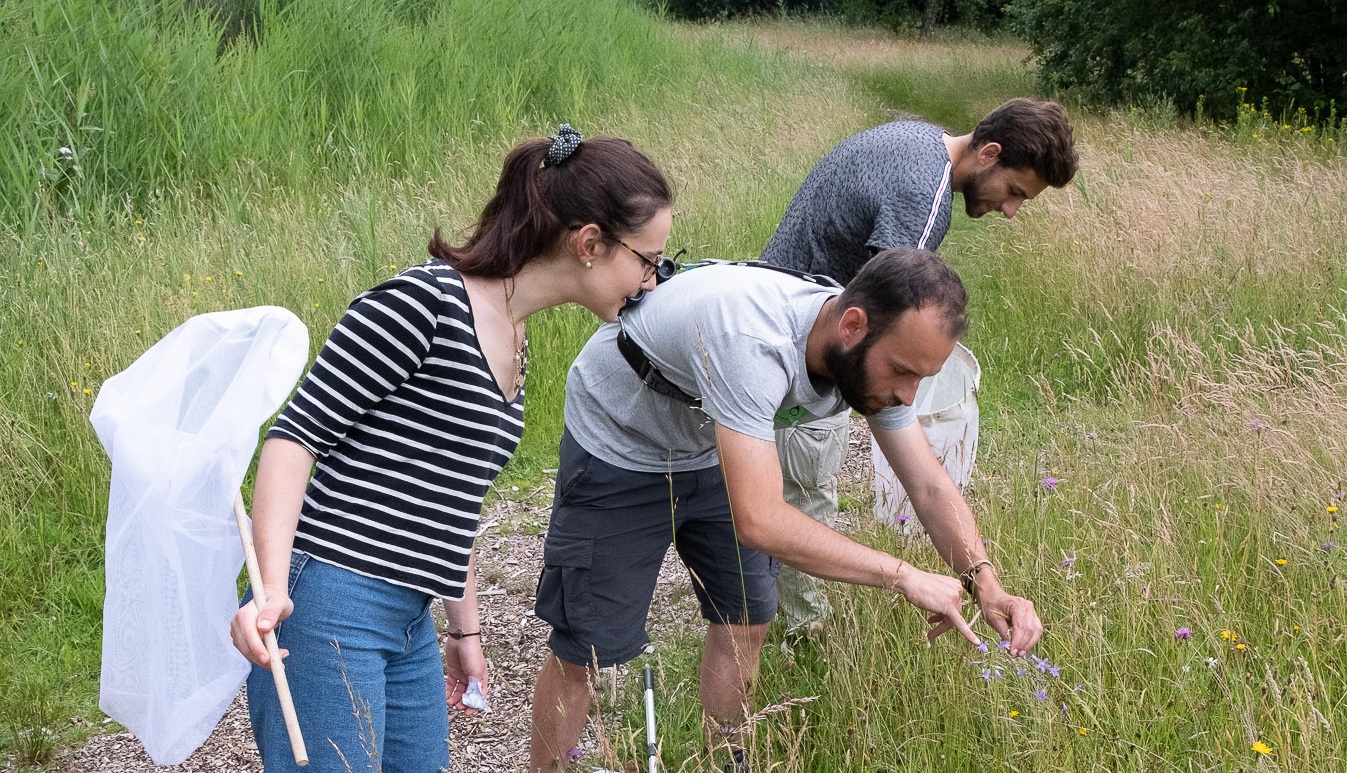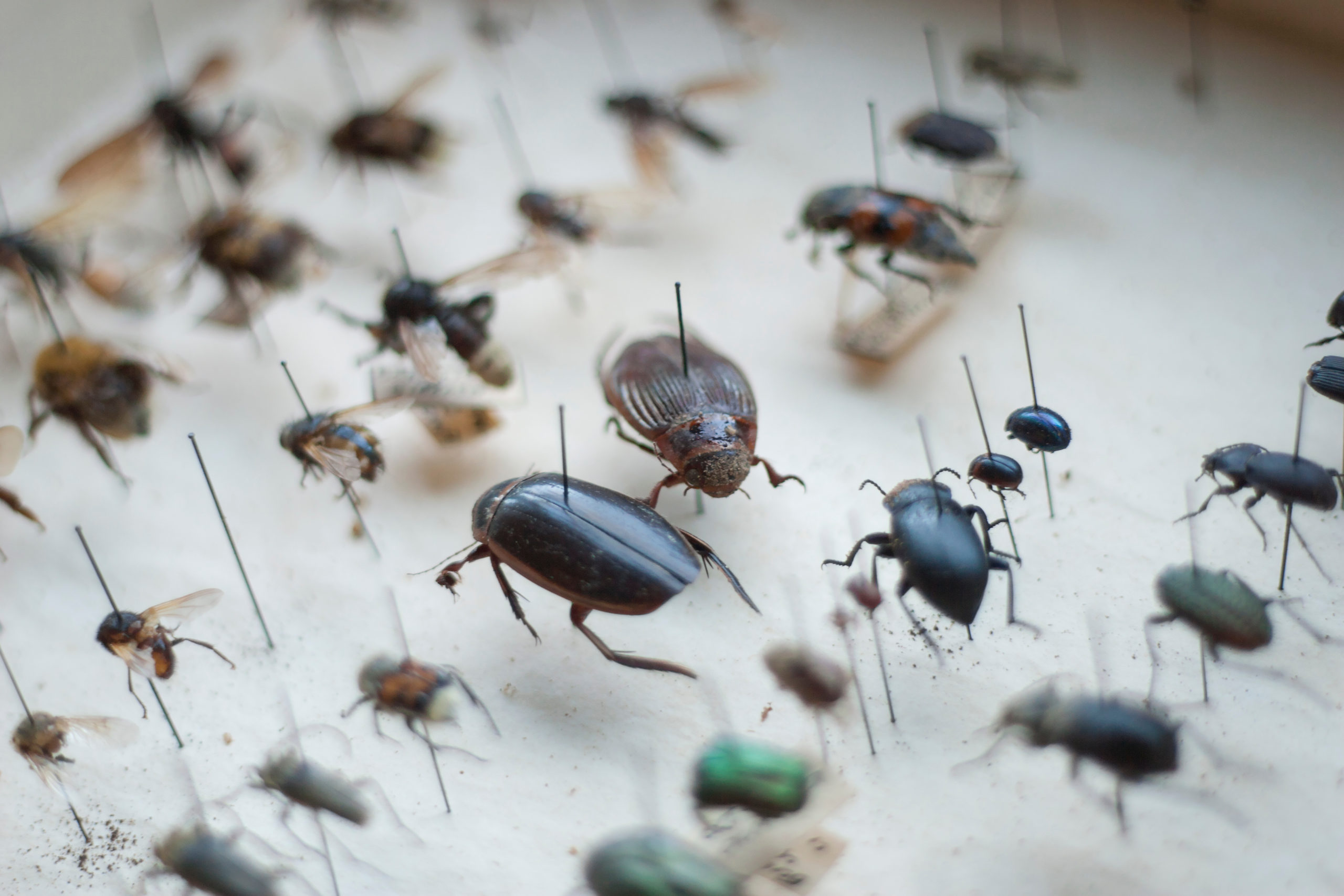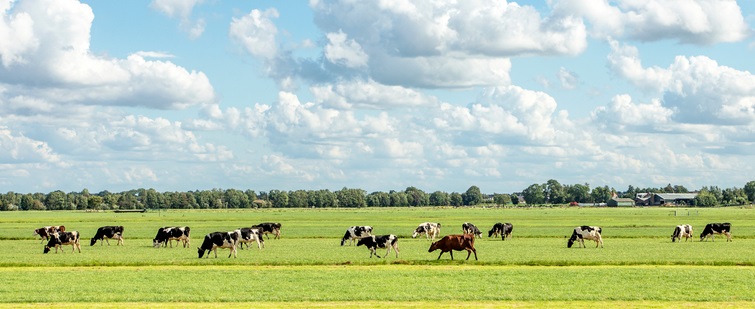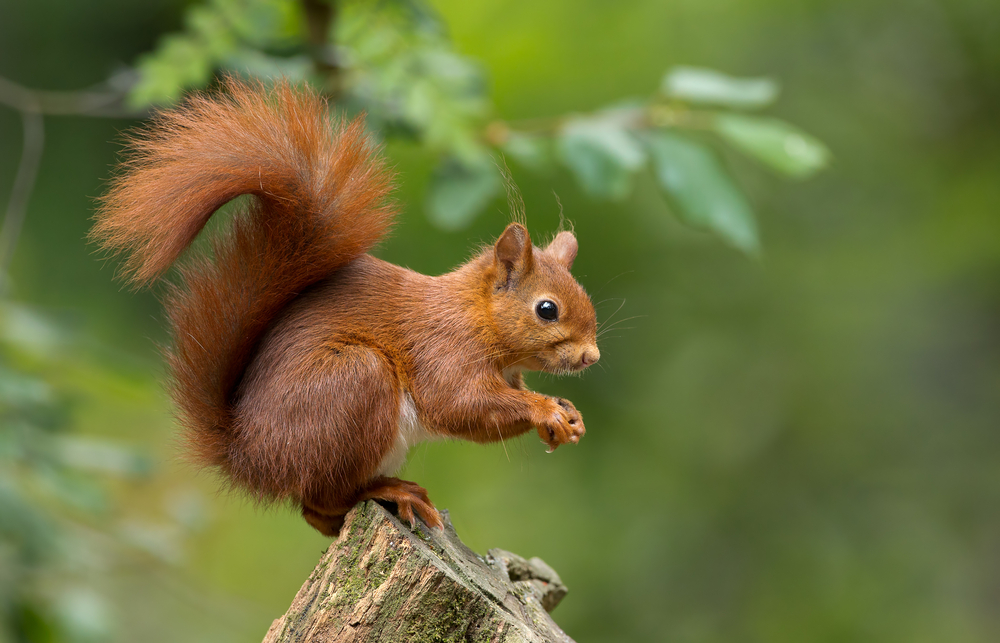‘I am still enjoying the afterglow’, says professor Liesje Mommer. ‘It was fantastic! We had so much fun. So much amazement. It was a journey of discovery from start to finish.’ Her delight is the result of the Bioblitz of diversity on the campus, which took place on Friday afternoon and Saturday. Over two hundred students and employees joined the event.
Mommer is the initiator of the Wageningen Biodiversity Initiative (WBI), in which Wageningen’s expertise and skills are merged to stop the decline in biodiversity. Inventorying the biodiversity on the campus is the WBI’s first major feat. Although the focus was on this weekend, the inventorying will continue until the end of the week.
One thousand
The goal is to register one thousand species. A nice, round number that has a nice publicity ring to it. Whether that number will be met is the question. Just before nine this morning, the number is 655. Fewer than the 753 species recorded last year during the covid pandemic, when experts did a count. The general public was not involved at that time due to the restrictions.
On waarneming.nl. one can see what different species inhabit the campus. WUR has its own page on this popular national website, which shows all the different sightings neatly arranged. With 55 per cent, plants form the largest group, followed by birds (9 per cent), flies (8 per cent), bees, wasps and ants (5 per cent).
The greatest thing is the connection between experienced staff members, doctoral candidates and students
Liesje Mommer, professor and initiator Wageningen Biodiversity Initiative
At the bottom of the list are the reptiles, of which precisely one was spotted, a toad. Mammals are also underrepresented, with only the squirrel, woodmouse, hare and rabbit. Rare species were also sighted, such as the black-veined white (a butterfly), the white-spotted rose beetle (insect) and the common stiletto Cliorismia ardea.
Amazement
That the one thousand species may not be reached is not a big issue, according to Mommer. ‘The greatest thing about the event is the connection between experienced staff members, doctoral candidates and students. The amazement at how beautiful the campus is. That twenty people gather at six in the morning to go bird watching.’
Bioblitz is to become an annual event. Rector Arthur Mol is all for it. In his opening speech on Friday, he voiced his surprise that such an event had not been organised much sooner. Biosystematics teacher Casper Quist, whose idea it was, even suggested turning it into an inter-university competition.

 Photo Guy Ackermans
Photo Guy Ackermans 

